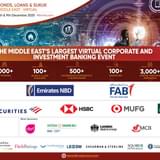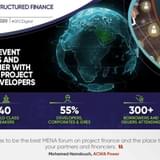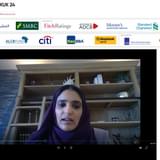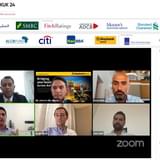Noor Bank has issued a perpetual US$500mn Tier 1 capital boosting sukuk. The transaction received over US$1bn in orders.
The global coordinators on the sukuk were Citigroup and Standard Chartered. The joint lead managers were Dubai Islamic Bank, Emirates NDB Capital, First Gulf Bank, Noor Bank and Sharjah Islamic Bank. Ajman Bank and Union National Bank acted as co-lead managers.
The Tier 1 sukuk comes at a time when Basel III rules mandating strengthened risk management practices, capital and liquidity requirements are gaining prominence in the region, with many countries there looking to phase the new rules in by 2019.
Under Basel III, banks need to hold a minimum 4.5% of risk-weighted assets (RWA) in the form of common equity. They can have an additional 1.5% of RWAs in additional Tier 1.
There is increasing pressure on banks in the Middle East to incorporate Basel III, whether formally or informally adopted by their respective central banks.
Basel III requirements in the Middle East have led to a change in funding requirements, which has led to an increase of sukuk as well as traditional debt being issued according to Daniel Diemers, Partner and Vice President at Strategy&, a consultancy.
“A number of Middle Eastern banks had been extremely ambitious in their growth plans, with many lenders in Saudi Arabia, Qatar and the UAE looking to tap the international markets,” Diemers noted.
He said Basel III has contributed to increasingly selective activity amongst these lenders. “The liquidity crunch from low oil prices has not affected the implementation of Basel III too much, as the majority of the banks are in good shape.”
Basel III rules could enable Middle Eastern banks to thrive by forcing them to make more conscious choices behind which to put their resources.
“It is not a hindrance to comply with Basel III – it is a strategic catalyst,” Diemers continued.









